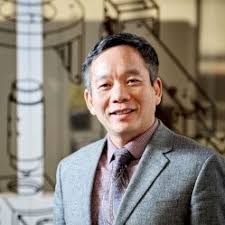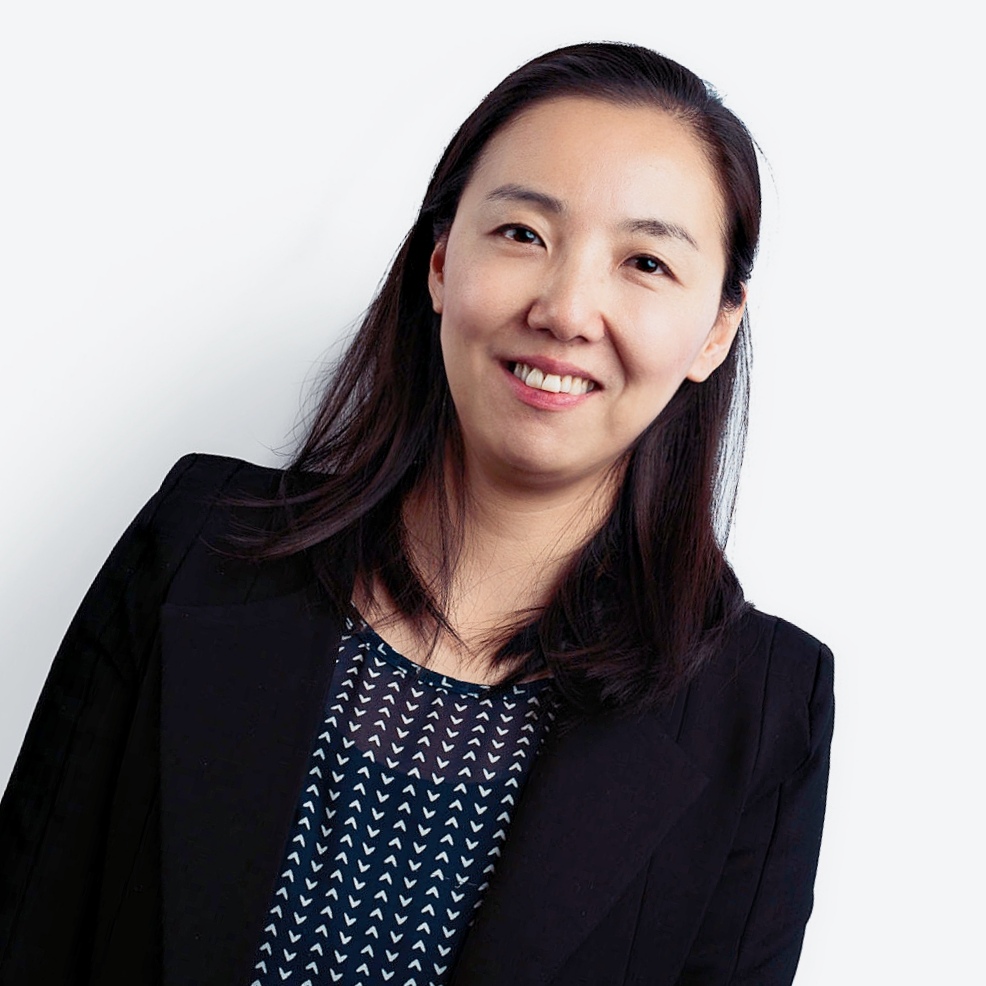

Polytechnic of Bari, Italy
Maria Pia Fanti is full professor of System and Control Engineering at the Department of Electrical and Information Engineering of the Polytechnic of Bari (Italy). She received the Laurea degree in Electronic Engineering from the University of Pisa (Italy), in 1983. She was a visiting researcher at the Rensselaer Polytechnic Institute of Troy, New York, in 1999. Since 1983 she has been with the Department of Electrical and Electronic Engineering of the Polytechnic of Bari (Italy), where she was Assistant Professor from 1990 till 1998 and Associate Professor from 1990 till April 2012.
Speech Title: Artificial Intelligence Approaches for Cooperative, Connected and Automated Mobility
Abstract: Cooperative, Connected and Automated Mobility (CCAM) is expected to reshape the way of travelling and moving in Europe and around the world. By the CCAM, the automated vehicles have to be integrated into the mobility and transport system by designing and implementing infrastructures, new services, platforms, cooperation and governance models.

University of Leeds, UK
Prof Shane (Sheng Q) Xie, Ph.D., FRSNZ, FEngNZ, FIEEE, FASME, FIMechE and FAAIA, is the Chair of Robotics and Autonomous Systems and Director of the Rehabilitation Robotics Lab at the University of Leeds. He has >30 years of research experience in healthcare robotics and exoskeletons. He has published > 500 refereed papers and 8 books in rehabilitation exoskeleton design and control, neuromuscular modelling, and advanced human-robot interaction.

University of Agder, Norway
Jing Zhou is a Professor at the Faculty of Engineering and Science, University of Agder, Norway. She is the leader of Robotics and Automation group, and the research director of Priority Research Center of Mechatronics. Prior to joining the University of Agder in 2016, she was a senior research scientist at International Research Institute of Stavanger in Norway from 2009 to 2016.
